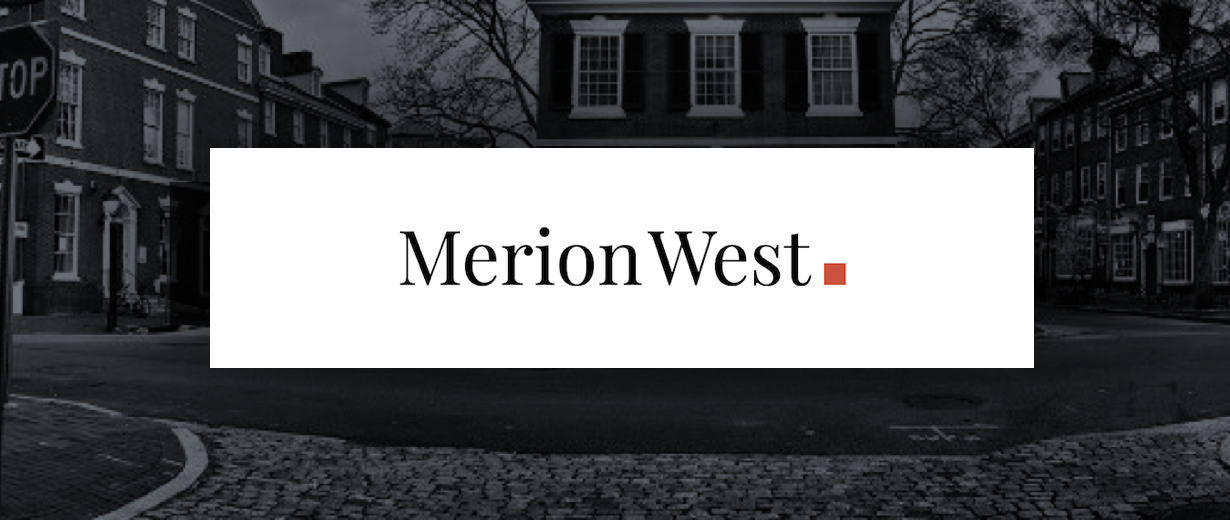Mordecai
Norm Smith Medallist
Recently read this one courtesy of ferball...
 worldtradecenter911.blogspot.com
worldtradecenter911.blogspot.com
Anyone else got any longer reads they've enjoyed recently?
The Spaghetti Theory of Conspiracy
from: The Illuminati Conspiracy - The Sapien System Donald Holmes, MD(C)(1987) New Falcon Publication 655 East Thunderbird Phoneix, AZ 85022...
Article said:"From this evolutionary perspective, every paranoid is partly right. The major error of the paranoid appears to be his characteristic belief in one jumbo Mega-Conspiracy that explains everything This is impossible, because it violates basic laws of primate psychology. Domesticated primates like wild primates are mischievous, sly and have a keen sense of humor: the double-cross is their most characteristic invention."
Anyone else got any longer reads they've enjoyed recently?
Last edited:










